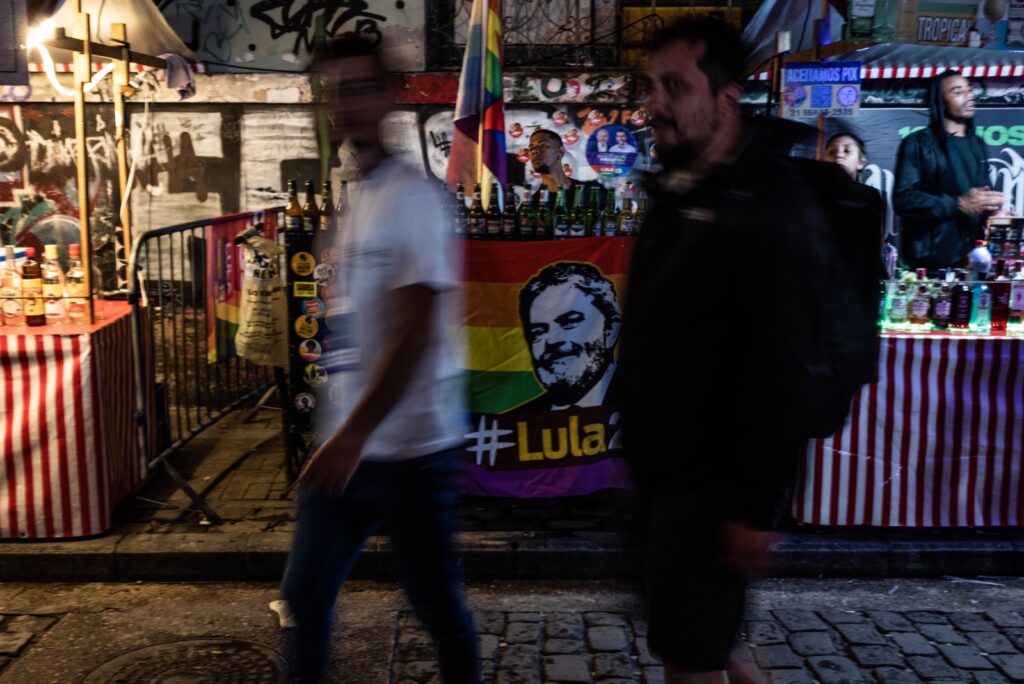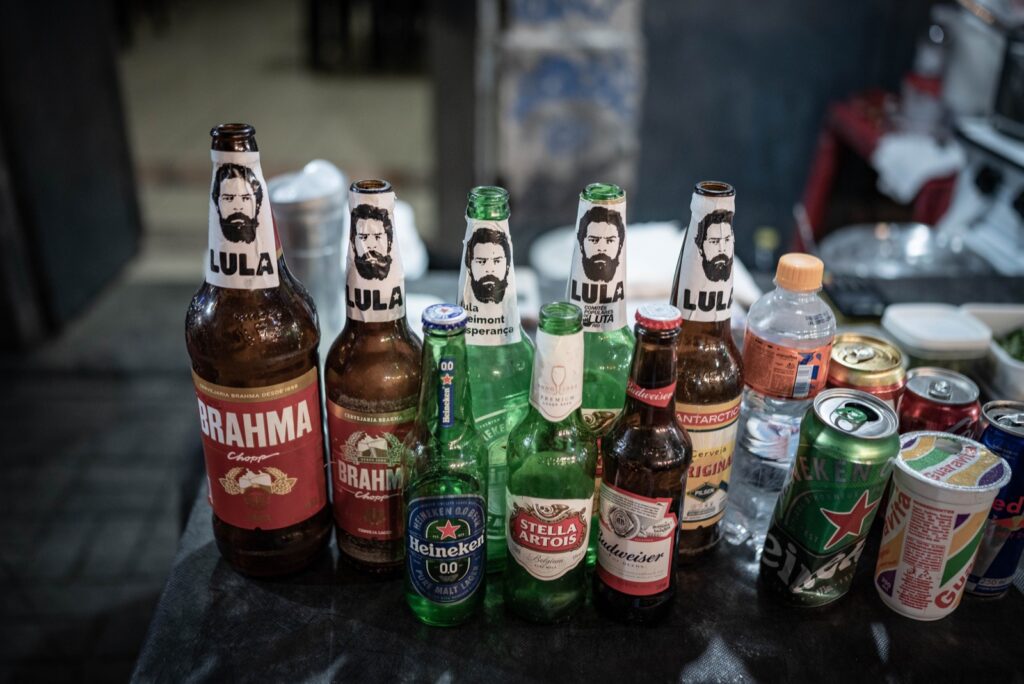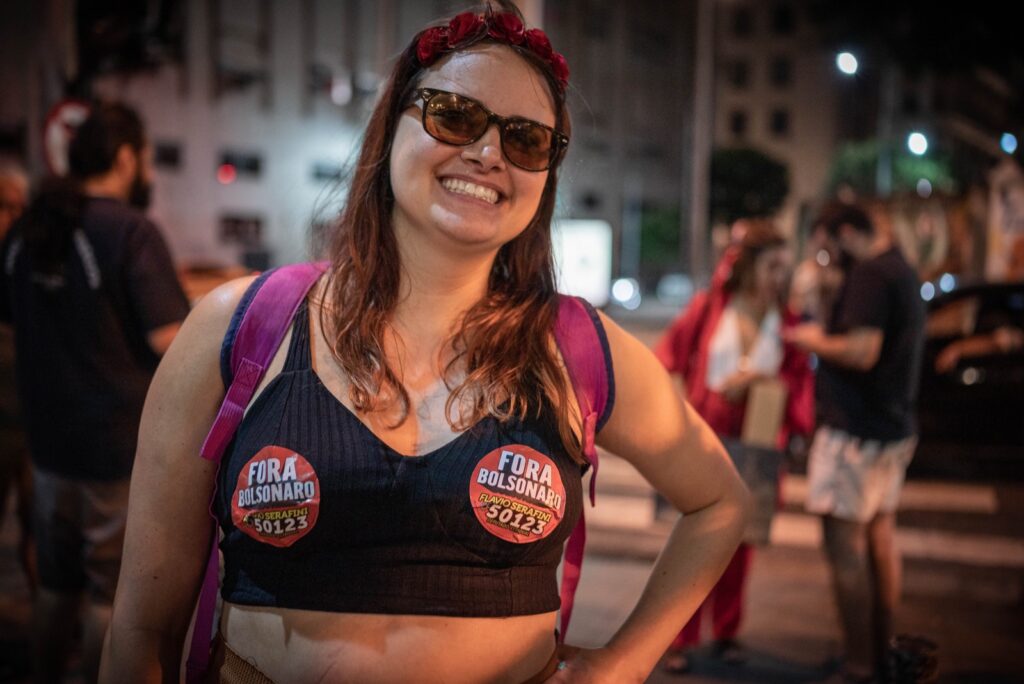In the Brazilian elections to be held next October 2, not only the presidency of the country is at stake, but also several elected positions: vice-presidency, state governors and vice-governors, and a part of the National Congress.
The current electoral process has been accompanied by an intense political confrontation between the two main candidates: Luiz Inácio Lula da Silvaformer president and candidate of the leftist Workers' Party (PT) and the current president running for reelection, Jair Bolsonaroof the Liberal Party, with strong right-wing tendencies.
However, a total of 11 contenders from different political parties and, therefore, of different ideological-political inclinations will be presented.
How do elections work in Brazil?
In Brazil, elections operate with a second round, so unless one of the presidential candidates wins by receiving more than 50 percent of the votes, there will be a run-off election to be held on October 30 of this year. Only the two candidates with the highest number of votes will participate in the run-off.
Governors and vice-governors are also elected by runoff while in the case of the Federal Senate elections are by majority; in this case, because two-thirds of the Senate were elected in 2018, next October 2 only 81 senators representing one-third of the chamber will be elected.
In the case of deputies, the 513 members will be elected and will have candidates elected in 27 electoral districts; members of the legislative assemblies will also be elected at the state level.
Tense political environment a few weeks before the elections
The current president Jair Bolsonaro has been below his opponent Lula Da Silva in practically all the polls that have been conducted and although it is most likely that a runoff election will take place, all the numbers indicate that the one elected by Brazilians will be the leftist and former president Lula.
In this context, Bolsonaro has implemented a policy of intense questioning against the Brazilian electoral system with a view to disregarding the electoral result in case it does not favor him.

He has also led an intense campaign to discredit Lula da Silva, taking advantage of his trial and even imprisonment when he was accused of corruption.
However, Bolsonaro's strategy and his apparent intention not to hand over the presidency to the leftist former president could be aimed at preventing him from being tried and convicted once he is no longer president.

Bolsonaro is currently under federal investigation for alleged acts of corruption in addition to the Senate accusing him of being responsible for the hundreds of thousands of deaths from the COVID-19 pandemic due to alleged irresponsible handling of the health crisis.
At the Latin American regional level, the Brazilian elections have strained some relations. For example, Jair Bolsonaro made some statements in which he accused his Chilean counterpart, Gabriel Boric, of having participated in the violent events that accompanied the intense Chilean mobilizations in 2019 where the population demanded the abolition of the Constitution emanating from the dictatorship of Augusto Pinochet.
According to El País, after the statements of the still Brazilian president, the Foreign Ministry in Santiago summoned the Brazilian ambassador and handed him a note of protest for what it considered "a very serious and absolutely false statement".
"We regret that in an electoral context bilateral relations are taken advantage of and polarized through disinformation and fake news," said Foreign Minister Antonia Urrejola.

Concern about an attack against any of the presidential candidates has increased, especially in the context of the recent attempt on the life of Argentinean President Cristina Fernández de Kirchner, who was shot in the face by a man, presumably of Brazilian nationality, as she was finishing a public act.
The pistol did not fire any bullets, allowing the president to escape the attack unscathed.
At the same time, in Brazil, candidates have surrounded themselves with intense security mechanisms as it is not uncommon for electoral processes to be accompanied by acts of violence against candidates.
For example, Bolsonaro was stabbed in the abdomen a month before the 2018 elections due to which he had to undergo multiple surgeries and hospitalizations. Due to this, the current president recurrently uses a bulletproof vest, especially when he is at outdoor events, does not establish physical contact with his followers, does not eat or drink in public activities and is accompanied by an intense operation that includes the Brazilian federal police.
Luiz Inácio Lula da Silva, for his part, hired a private security team and about a third of the 15 seats on the plane chartered by his party for the campaign are occupied by security agents. The leftist leader normally refuses to wear a bulletproof vest and sometimes goes so far as to embrace his supporters. It remains to be seen if, in the context of the attack against Cristina Fernandez, he will change his mind.
This article was produced with the support of the organization Global Exchange in collaboration with Peninsula 360 Press.
You may be interested in: Bolsonaro: with the same strategy as Trump in the presidential election




